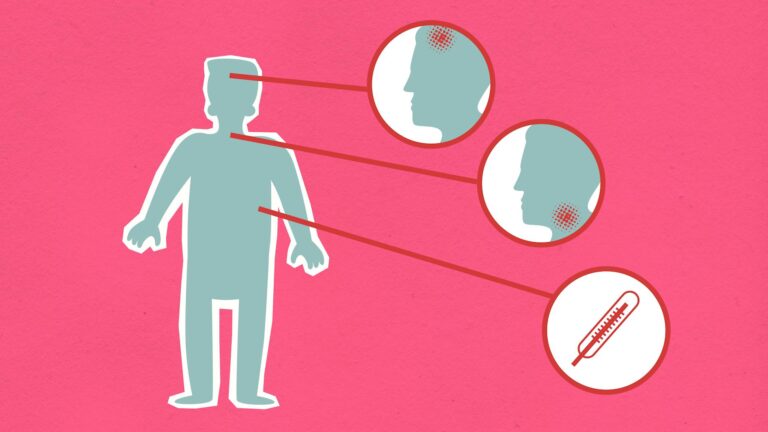**How Strength Training Supports Memory: The Power of Resistance Training for Brain Health**
When we think about exercise, we often focus on its physical benefits, like stronger muscles and better cardiovascular health. However, resistance training, which involves using weights or resistance bands to build muscle, also has a profound impact on our brain health. In this article, we’ll explore how resistance training supports memory and cognitive function.
### The Brain’s Memory Hub: The Hippocampus
The hippocampus is a small but crucial part of the brain located just above each ear. It’s often referred to as the brain’s memory hub because it plays a key role in learning and memory. As we age, the hippocampus can shrink, leading to difficulties with memory formation and retrieval. But here’s the good news: exercise, particularly resistance training, can help preserve and even grow this vital brain area.
### How Resistance Training Works
Resistance training stimulates the release of essential neurochemicals and neurotransmitters that promote brain health. One of the most important of these is Brain-Derived Neurotrophic Factor (BDNF). BDNF acts as a growth factor, enabling the survival and growth of new neurons and stimulating the creation of synapses, the connections between neurons. Higher levels of BDNF are associated with better memory and cognitive flexibility.
### Enhanced Cognitive Function
Resistance training has been shown to improve cognitive function in several ways:
1. **Increased BDNF**: Regular resistance training increases BDNF levels, which in turn enhances neuroplasticity—the brain’s ability to form new neural connections and build on existing ones. This process is crucial for learning and memory.
2. **Improved Synaptic Plasticity**: Exercise-driven increases in BDNF and other growth factors improve synaptic plasticity, the efficiency with which neurons communicate. This creates an optimal environment for processing and retrieving information.
3. **Neurogenesis**: Resistance training aids in neurogenesis, the generation of new neurons, particularly within the hippocampus. This ongoing generation of new neurons fosters cognitive resilience, empowering the brain to adapt to age-related decline or neurodegenerative conditions.
4. **Reduced Cognitive Decline**: Research indicates that resistance training can lower the risk of Alzheimer’s disease and other forms of dementia. People who engage in regular resistance training may be up to 20% less likely to develop dementia compared to their more sedentary counterparts.
### Practical Applications
While the benefits of resistance training for brain health are clear, it’s essential to tailor your exercise program to meet your needs. Here are some practical tips:
1. **Start Small**: Begin with lighter weights and gradually increase the intensity as you build strength.
2. **Incorporate Variety**: Mix up your routine with different types of resistance exercises, such as weightlifting, resistance bands, or bodyweight exercises.
3. **Frequency and Duration**: Aim for at least two to three sessions per week, each lasting around 30-45 minutes.
4. **Combine with Cognitive Stimulation**: Engage in activities that challenge your brain, such as puzzles, learning a new skill, or practicing mindfulness.
### Conclusion
Resistance training is not just about building stronger muscles; it’s also a powerful tool for supporting memory and cognitive function. By stimulating the release of neurochemicals like BDNF and promoting neuroplasticity, resistance training helps preserve and even grow the hippocampus, the brain’s memory hub. Incorporating resistance training into your exercise routine can significantly enhance your brain health and reduce the risk of age-related cognitive decline. So, get moving and strengthen not just your body but also your brain





